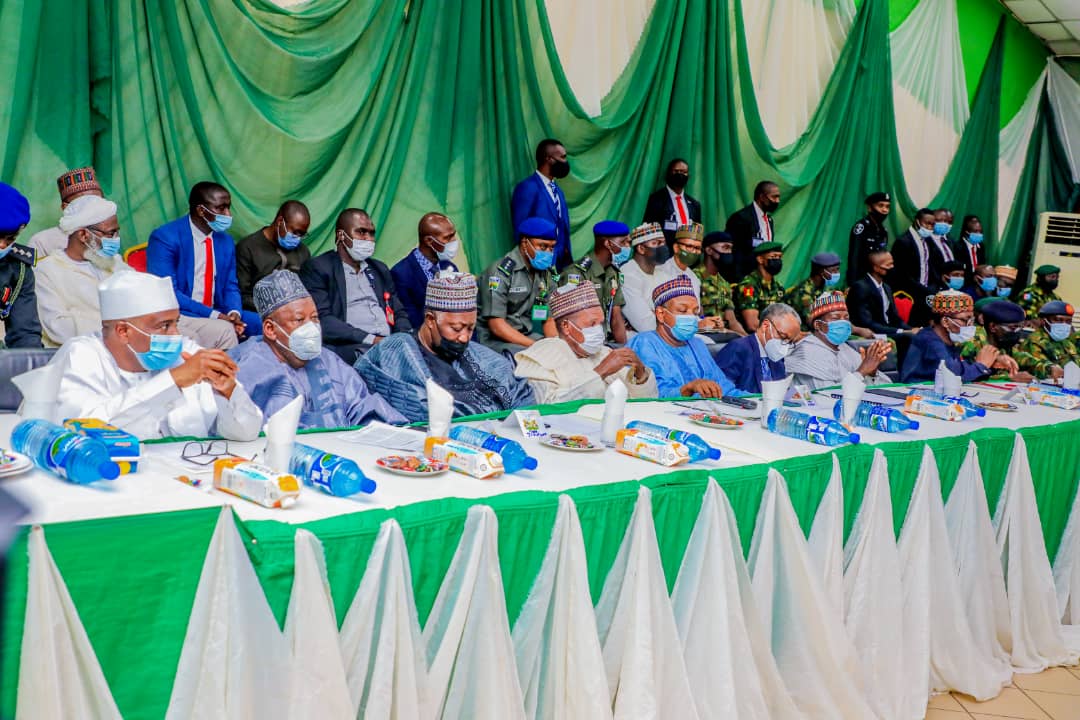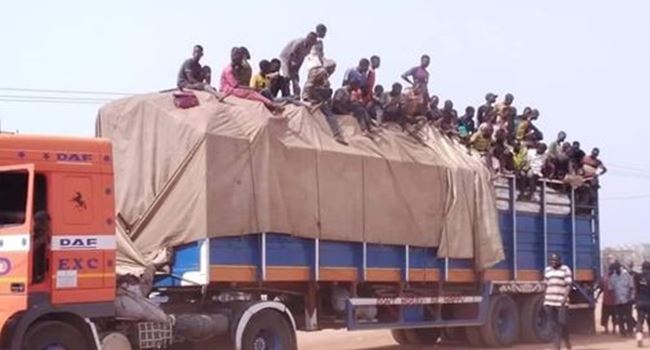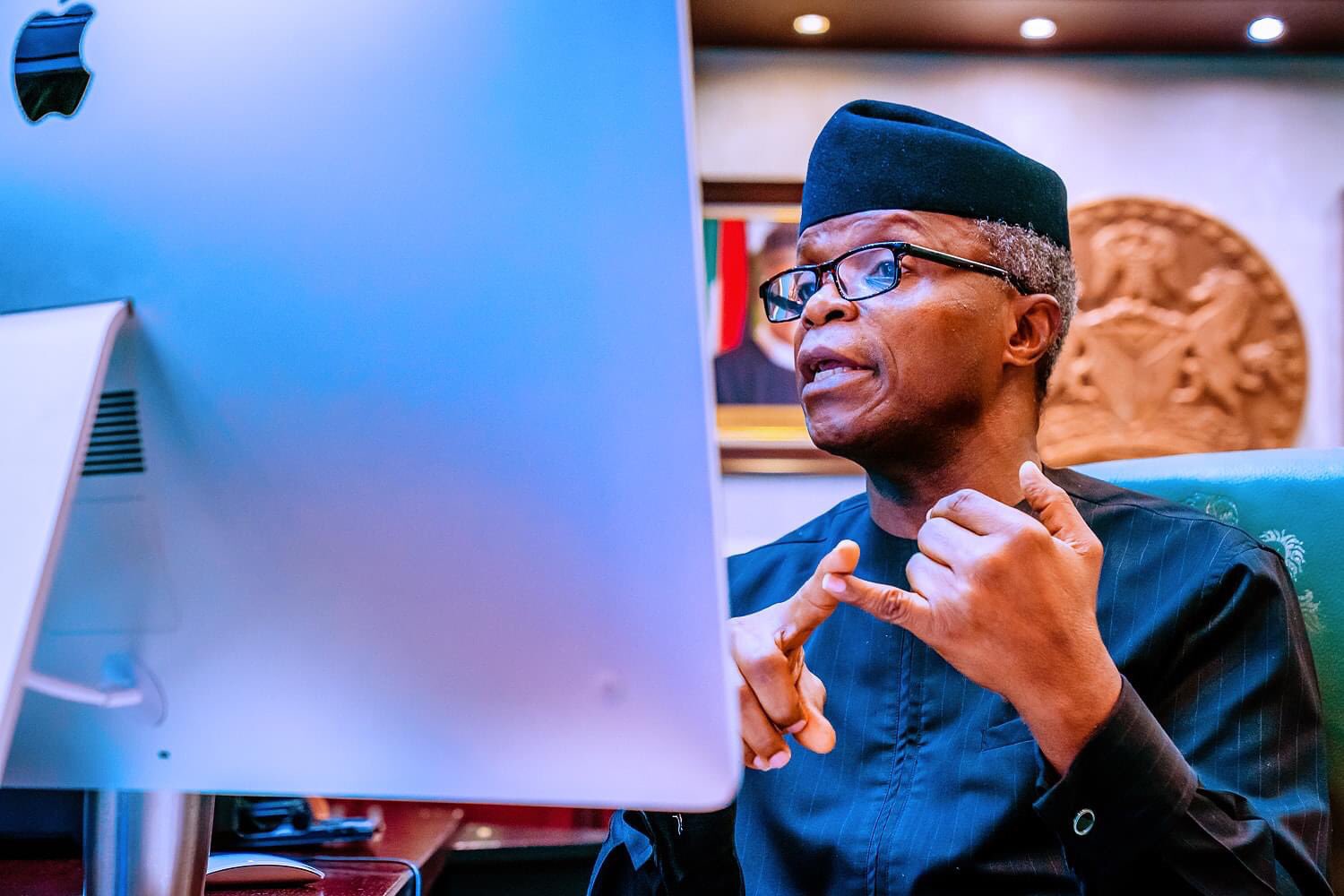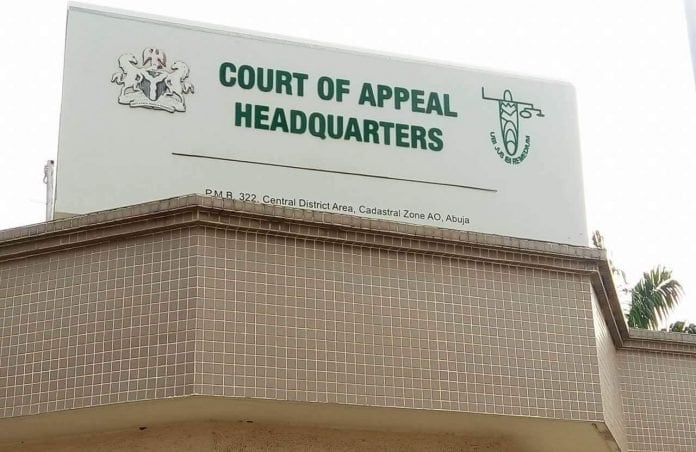It is no longer news that Nigeria is currently facing acute security challenges. The country has become a theatre of various conflicts that make millions of Nigerians feel apprehensive and insecure, conflicts that threaten Nigeria’s very existence as a nation. The country is gradually degenerating into one of the most unstable environments globally regarding insecurity to human lives and properties.
Globally, unemployment, bad governance, lack of quality education or training, lack of basic infrastructure, corruption and corrupt practices of government officials, perceived victimisation, arrant poverty amid affluence, ethnic superiority, religious superiority, domination, and exploitation, are the significant issues that fuel insecurity. The Nigerian case exacerbates as the federating units making up the country do not truly recognise each unit as constituents of one nation due to prevailing religious, economic, political, and social factors.
The appalling security situation in the country is telling on the wellbeing of Nigerians. Security is the pillar upon which every meaningful development is achieved and sustained, and national security is a premise for national economic growth and development of nations. It is only an atmosphere of peace that can attract much needed foreign investments. Even domestic investors will find it difficult to operate in an atmosphere full of tension and apprehension.
All over the world, security is a significant policy challenge to leaders, decision-makers, communities, and groups. This is so because the concept of security remains a complex phenomenon that, in most cases, require not just countermeasures to deal with but concrete preventive and robust decisions to manage to avoid loss of lives and properties.
Advertisement
In any civilised society, one of the primary responsibilities of government, if not the most important, is the safeguarding of the welfare and security of its people. Leaders owe a sacred duty to the citizenry to ensure that lives and property are adequately protected. Conversely, effective leadership is the key to tackling security challenges.
The recent altercations between some governors in the country over their various states’ security challenges can only make a bad situation worse. The governor of Benue State, Samuel Ortom, has gone on air to accuse the federal government of shielding Fulani herdsmen who are killing farmers in some parts of the country, wondering whether there are different rules for Fulani and another for the rest of Nigeria. He alleged that the Federal Government’s support for armed herders was why there is worsening insecurity in Nigeria. According to him, “Why is the Federal Government silent about these Fulani people? When will the Federal Government come out to criticise and arrest herdsmen carrying AK-47? Are we second-class citizens in this country? What makes a Fulani man superior to other citizens of this country? We are not their slaves. “Then his counterpart in Bauchi State, Bala Mohammed, accused Ortom of starting an anti-Fulani sentiment wave. While condemning the treatment of Fulani herdsmen, especially in the southern region and noting that the whole tribe should not be criminalized because a few bad eggs among them are responsible for deadly attacks. The governor added that herdsmen need the AK-47 rifles to defend themselves from cattle rustlers and other road challenges.
In another related incident, the Kaduna State Governor Nasir El-Rufai told Nigerians that there was no synergy among Northern states’ governors in the fight against insecurity. He said that the governors, himself inclusive, are feeling frustrated, almost helpless over the spate of killings and other criminal acts. El-Rufai, on “Politics Today”, a Channels Television programme, states, “I am frustrated in my state. Many governors are frustrated in their states. We are called chief security officers only in name, but we have no control over state coercive instruments. We are all frustrated. We are almost helpless.”
Advertisement
El-Rufai was upbraided by his Kano State counterpart, Abdullahi Ganduje, who accused him of being ill-informed on the North’s insecurity. He repudiated El-Rufai’s claim of lack of synergy amongst the governors. He accused the cerebral author of “The Accidental Public Servant” of lack of understanding of the issue, stating that no matter the cooperation of the governors, they would have different approaches in tackling security issues. “In Kaduna, there are ethnic and religious issues. This is Kaduna’s issue, every security challenge in each state depends on the efforts of the state and security agents with its people. Like in Kano here, we have a harmonious working relationship with security agencies,” Ganduje said.
Ganduje also attacked Bala Mohammed on his statement in support of herders carrying AK-47 rifles. “Those herders travelling from the North to South should be banned. Those that are saying they should not be banned from trekking to the southern part of the country for grazing should use their children to do so,” he said. Northern Elders Forum added its voice , concluding that the federal government was no longer able to protect her citizens against the marauding criminals in different parts of the country. The group advised Northern governors to explore all lawful means to improve the security of citizens.
This merry-go-round blame game and altercation by our governors are unnecessary at this point when insecurity has become perhaps the most significant impediment to our peaceful coexistence and development. It is very insouciant to play politics with our insecurity challenges. What Nigerians need at this point is a lasting solution to the security challenges that we face.
The recent meeting of all the governors in the 19 states of the North is a welcome development. We expect that after the session, they will come up with a plan and a clear, coherent voice on how they will synergically tackle the insecurity more prevalent in the North. Presently, their voices are discordant, and some are even in denial of the threat’s seriousness. As part of the governors’ social contract with the people who elected them, it is a must to protect their lives and property and provide an enabling environment for people to live and thrive. It is the failure of this social contract that may be fuelling insecurity and hopelessness among the people.
Advertisement
Though the challenges of terrorism and banditry resonate more in the northeast and northwest part of the country, it is indisputable that virtually the whole country groans from acute insecurity. Available statistics paint a gory picture of a country ravaged by insecurity. Nigeria is said to have recorded a total of 8,279 deaths linked to insecurity in the past one year. These are only official records in a country where record keeping has always been anathema.
Governors must ensure that they, by words or actions, are not seen as ethnic, religious, or tribal bigots, demagogues, and champions. Their utterances carry a lot of weight, so statements should be measured and deliberate to ensure that they do not fan the increasing embers of hate and division in the country.
The governors should realise that as chief security officers of their state, they are entrusted with safeguarding everyone’s lives and properties within the state’s borders despite the place of origin, ethnicity, or religion. Much has been said about the governors being the chief security officers of their states only on paper, however, with the substantial resources set aside for security available to most governors, they can find creative means of tackling their peculiar security challenges within our current security architecture.
This is also where we need to rethink our existing federal structure and redefine it to fit our current realities. The quasi-federal structure of the 1980’s that we operate today may not be fit for purpose at this time. As they are currently constituted, states may not have what it takes to deal with their myriad problems. It cannot aggregate all its resources to tackle the problems without relying on external forces such as the federal government and other non-state actors.
Is it not yet time for Nigeria to practice true federalism where states are in control and only get help from the centre when they cannot solve their problems locally? The issue of state police comes to the fore. How can a governor be the state’s chief security officer without control of the police in the state?
Advertisement
Lack of unity among our political and religious leaders is one of the reasons they have been unable to curb the spate of insecurity bedevilling the country. Many known criminals engaged in acts of terror and banditry have escaped punishment because they enjoy tacit support of some political leaders who see them as useful tools in their pursuit or perpetuation of political power. Some of these criminals are always used as thugs by a section of the political class and their political parties during elections. They become untouchables, given free rein to terrorise and extort innocent citizens.
What is needed is collective efforts by the governors in collaboration with the federal government to tackle insecurity and to promote harmonious and peaceful coexistence among citizens and all ethnic nationalities. The governors should engage less on irredentism and focus more on mapping out strategies for partnering with security agencies, traditional rulers, religious leaders, and all relevant stakeholders in the entrenchment of communal harmony, peace, and security in Nigeria.
Advertisement
In the long run, they should map out a strategy to tackle poverty and underdevelopment, create job opportunities and wealth for the teeming population in their states, and enthrone justice and equal opportunities for everyone. The absence of these is the root cause of terrorism, banditry, and insecurity. Only in this way can they create a sustainable conducive atmosphere for socio-political, economic growth and development of the states in particular and the country at large.
Insecurity in the North is a national issue. How can a part of the country with a higher population and landmass have a problem, and some still think it is a northern problem? Fundamentally, we must change this perception of insecurity as majorly a Northern issue, and all resources are channelled into solving it. It may have started in the North, but it is now reverberating across the country. We must turn these threats into opportunities.
Advertisement
This is time to put everything on the table and discuss how to solve most of Nigeria’s problems, including insecurity and take Nigeria to the next level. This may be an opportunity to re-evaluate the whole structures and systems in our polity to create a better system that will take care of our system’s existing inadequacies and evolve a new system that will create an ecosystem that will make Nigeria great. We must not miss this opportunity.
Advertisement
Views expressed by contributors are strictly personal and not of TheCable.
Add a comment







